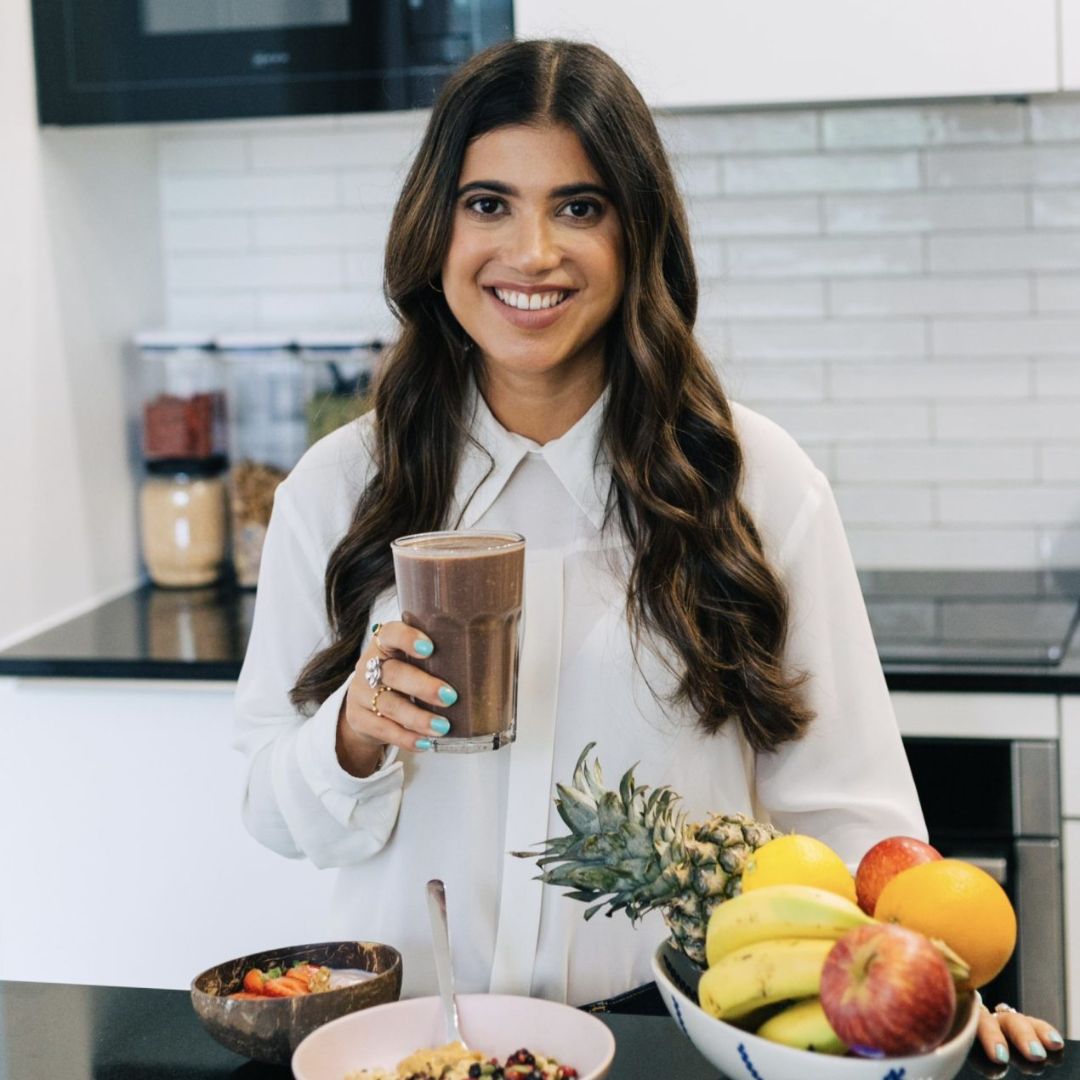The human body contains 10 times more microbes than human cells – in other words, we are more bacteria than human! The largest assembly of these microbes resides in our gut microbiome – that’s the collection of trillions of bacteria, fungi and viruses that live inside our intestines.
The gut microbiome plays a crucial role in digestion, nutrient absorption, vitamin production (e.g., vitamin K), immune system support and defense against pathogens.
If you’re still not convinced of the importance of gut health, be warned that an imbalance of healthy and unhealthy microbes in the gut microbiome, known as gut dysbiosis, can lead to conditions such as obesity, diabetes and autoimmune disorders.
Ready to take control of your gut health? Follow these tips to start nourishing your gut microbiome.



